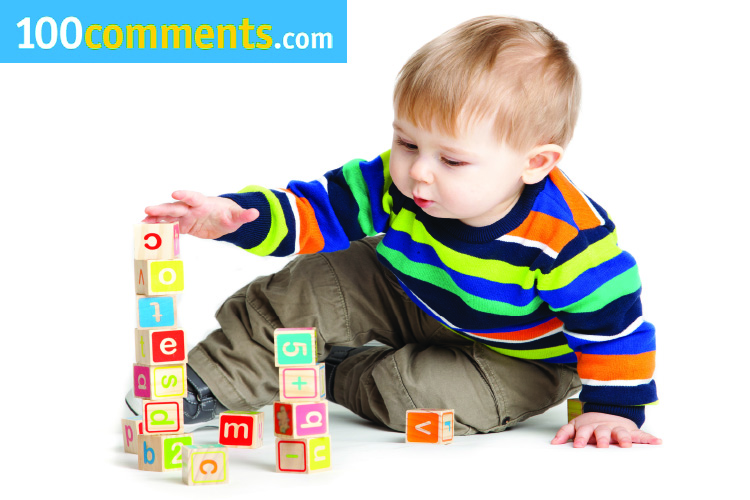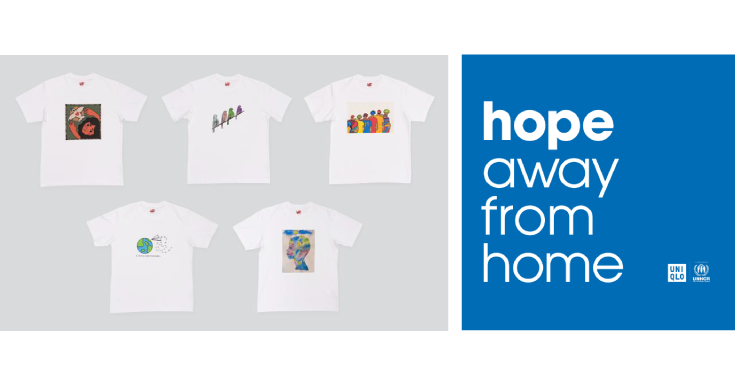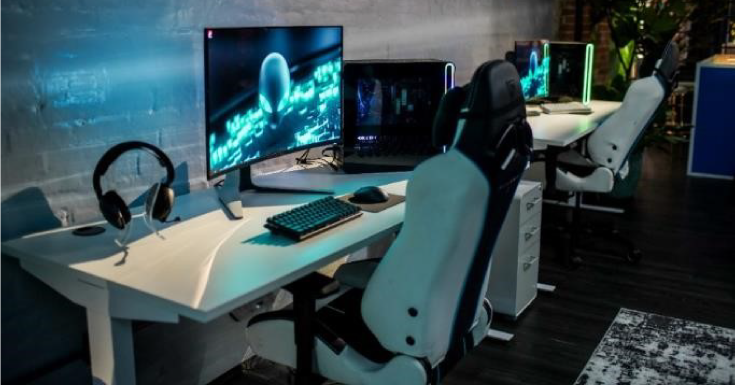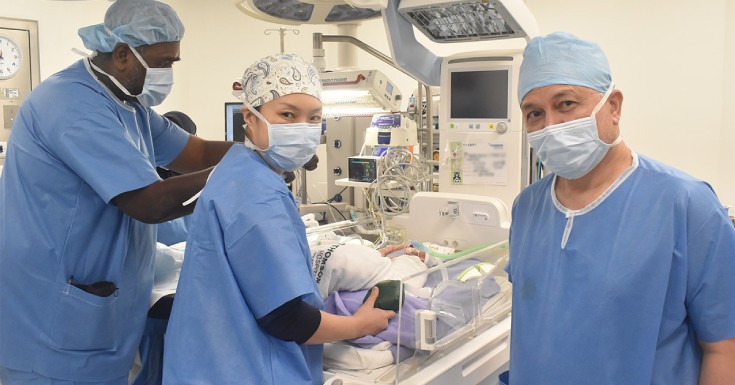Why Babies Need Their Playtime
As they enter their 8th week, babies tend to become more aware of their surroundings and are very much interested in what’s going on around them, although at times they seem more interested in how their own fingers and toes taste like. Babies have a natural desire to interact with the people around them too.
Obviously, at this age, play isn’t exactly about toys, but rather about back-and-forth interactions—anything from singing a song to your baby as you change his diaper, to cooing and smiling back and forth with him. Loving and playful experiences like these are not just fun activities, but they also help your baby’s mind to develop!
Table of Contents
Interact with your baby!
Here are some fun ways to go about it:
- Help baby in his tracking. Move an object slowly in front of baby from side to side and he will follow it with his eyes. This is called tracking and is one of the first ways that young babies explore the world while building their visual skills.
- The power of touching. You can bring objects close so your baby can touch them and begin to learn about how items feel. This helps him learn through his senses.
- Let him kick it! Place your baby so that he can kick on some hanging mobiles from his crib or play gym. In time, he will connect the act of kicking with the sounds the mobile makes when struck. Other than coming to understand cause and effect, your baby will also discover that he is self entertain able!
- Have playful routines! For instance, a massage for your baby after baths or a song before bedtime, helps baby feel closer to you and to bond with you.
- Use baby books. You can prop baby up on your lap and read to him. Or, just let him gaze at the pictures. Soon enough, baby will take over anyway, grabbing the book from your hand for a taste!
Avoid over-stimulation
It’s not uncommon to wonder why one minute baby and you were having so much fun, and then suddenly he starts to wail away for no apparent reason. What happened? If this happens, it’s actually baby’s way of asking for a break from all that stimulation. Baby reached his limit for entertainment and was telling you he needed a break.
Not all babies are the same – some can take in a lot of stimulation before becoming distressed while others get overwhelmed rather quickly and even a sudden change in the brightness of the room, for instance can be too much. It’s a natural inclination in many babies to react in certain ways when over stimulated.
Here are some common signs a baby gives off when he has had enough and needs a break:
- Keeps turning his head away
- Crying
- Arching of the back
- Eyes closing and falling asleep
- Getting fussy or grumpy
When you see these kinds of signals, try giving your baby a rest for a little bit. Put aside his toys and perhaps rock and sing quietly to him. If that’s still too much, just hold him. Also, keep in mind that even eye contact can be very stimulating for young babies at times, so just snuggling him against your chest may feel best to him.
Play makes your baby smarter
Playtime and interacting with toys are the primary methods by which children acquire many basic skills. Consider a toddler playing with a toy piano. Not only is he actively learning about pianos but also about how it operates, how to utilize the keys to make sounds and so on. When given other toys, he will then try to see if the new one makes any sounds and also how it works. A child’s mind is always at work, so find appropriate toys to help his mind develop!
Play improves concentration, attention span and memory
Attention and concentration are learned skills, and play is one of the most natural and enjoyable ways for a child to begin developing these skills. We have all seen a toddler so lost in play and don’t seem to hear his mum calling out his name! Well, that same focusing skill will help him years later to write a term paper, listen to a lecture or perform a piano concerto.
Play helps social development in older babies
Taking turns, collaboration, following rules, empathy and self-regulation — these are just some of the social skills play underscores. It helps children learn the rules of social interaction that will, in turn, help them in all of their relationships. Babies who play well together are able to work well together, which translates into good social skills.
Play promotes language and literacy
Playing with other children requires a toddler to be exposed to language and begin using it too, if he were to communicate with his peers. Little ones who frequently engage in play tend to show an increase in the total number of words used, the length of their sentences and the complexity of their speech as they grow older.





















Leave a comment